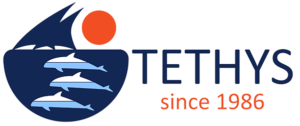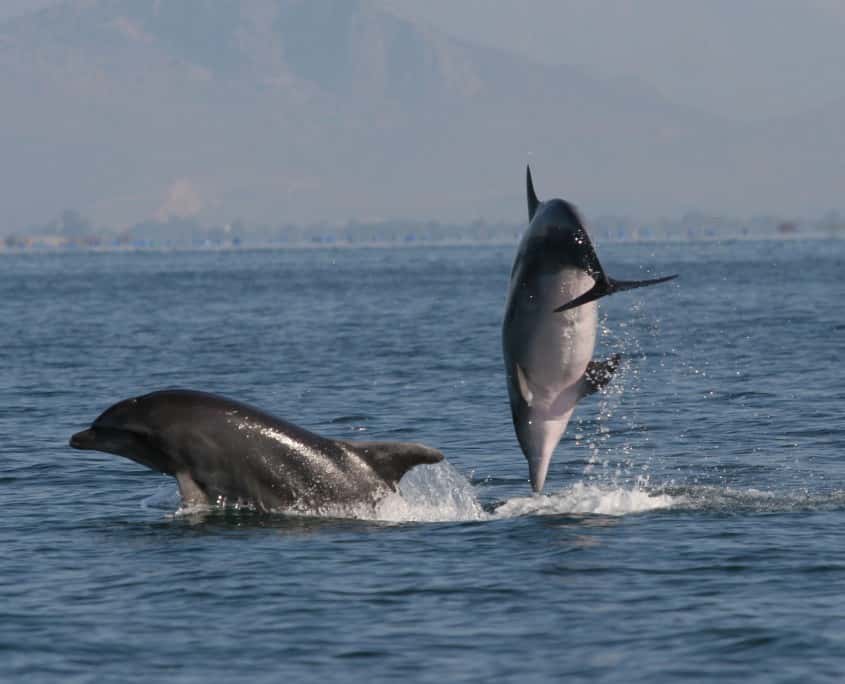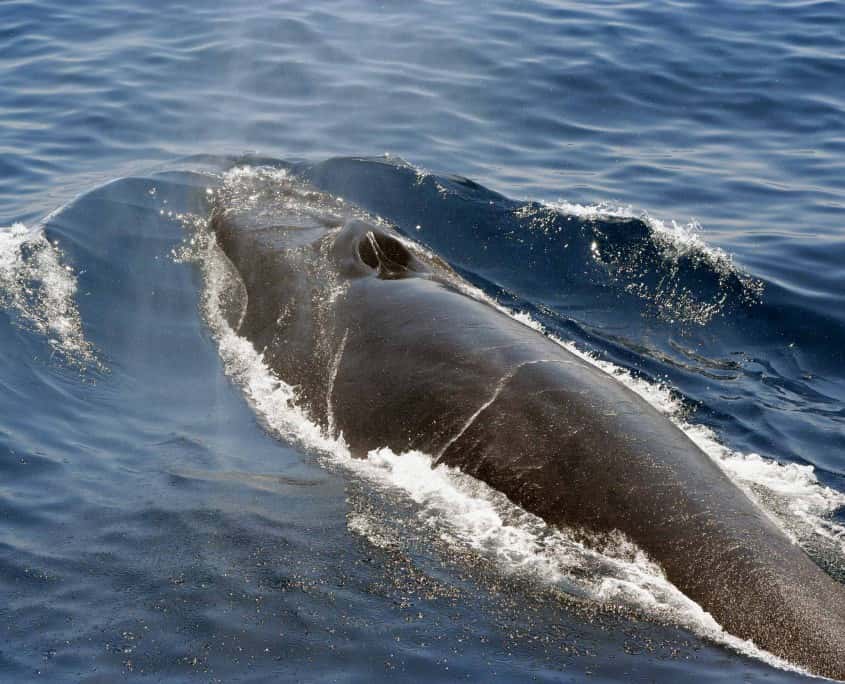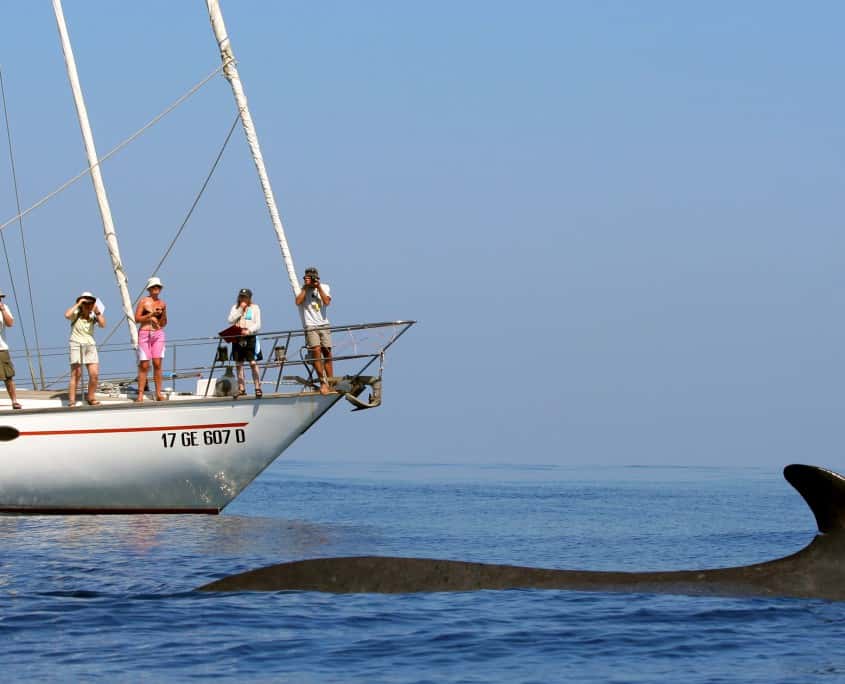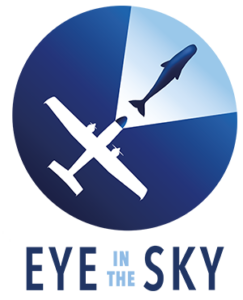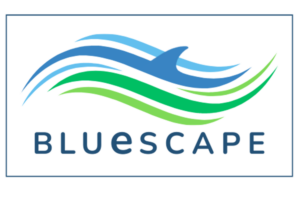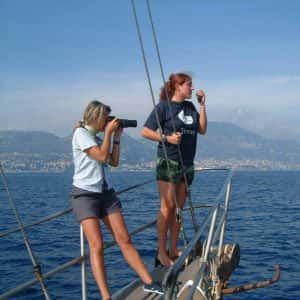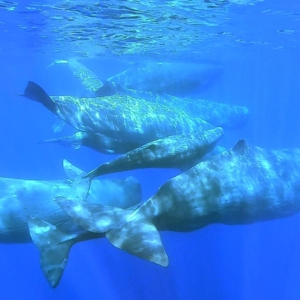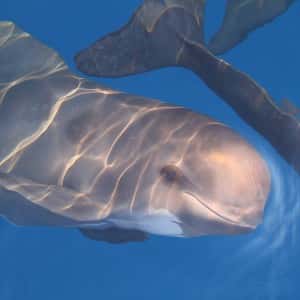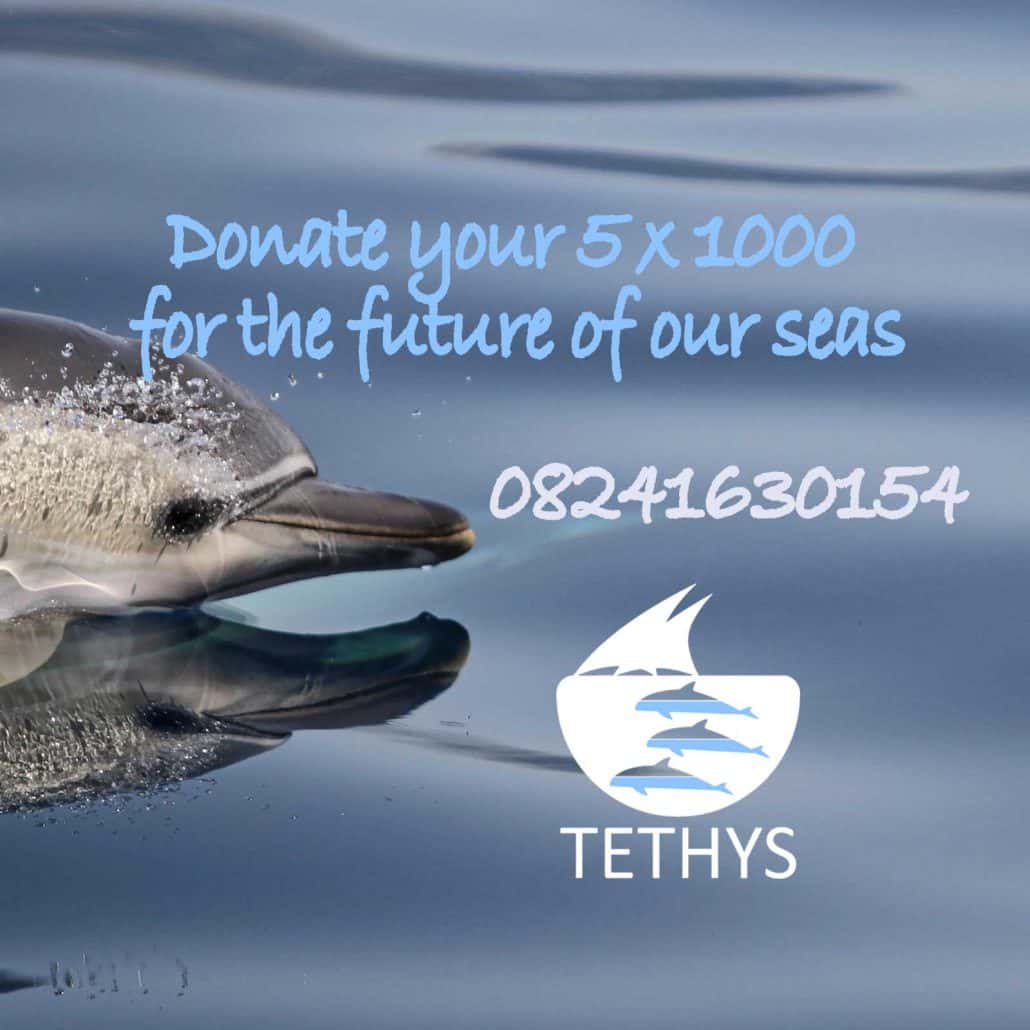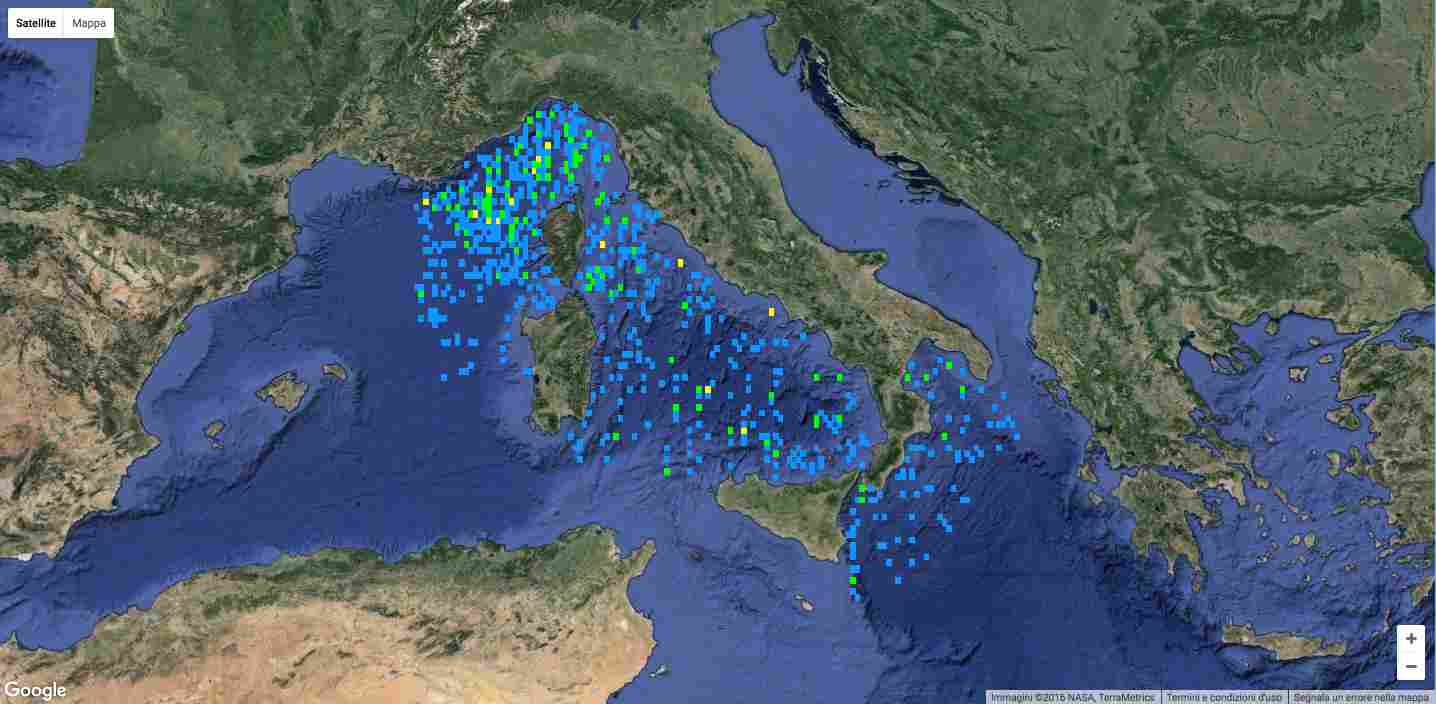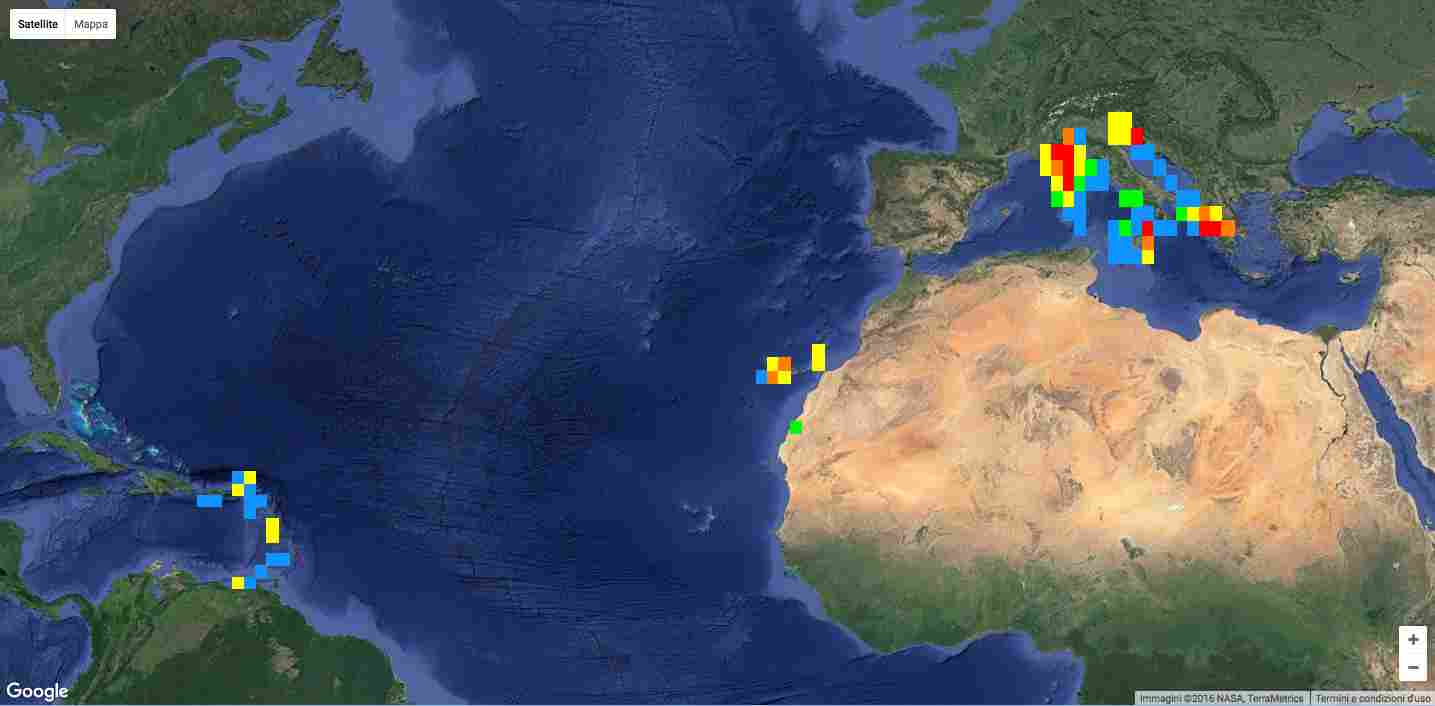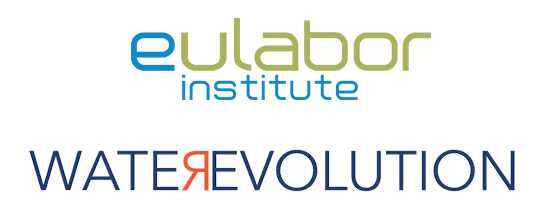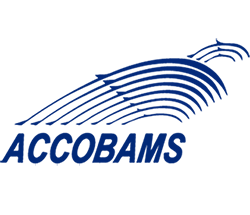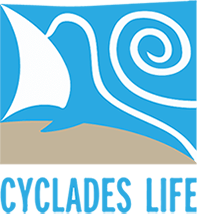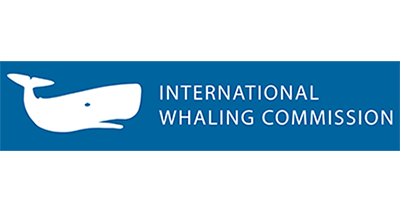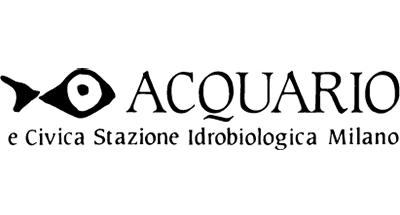Our latest publications
Codamozza-Fluker: The Compelling Case of a Flukeless Fin Whale Traveling Throughout the Mediterranean Sea and the Need for Basin-Wide Conservation Efforts.
Jahoda, M., Zanardelli, M., Dhermain, F., Alessi, J., Armonio, F., Ballardini, M., Barcelo, A., Calogero, G., Fontanesi, E., Frantzis, A., Menniti, M.A., Monaco, C., Obadia, C., Pellegrino, G., Raffa, A., Tardy, C., Verga, A., Violi, B. and Panigada, S.
2025.
Ecol Evol, 15: e71313.
Confirmed vocal activity of mediterranean monk seals in the Inner Ionian Sea Archipelago, Greece.
Angela Amlin, Luke Rendell, Nino Pierantonio, Carmen Andrés-Hervías, Giuseppe Notarbartolo di Sciara, Gordon Hastie, Joan Gonzalvo
2025.
J. Acoust. Soc. Am. . 157, 3204–3213.
Restricted access zone declared in Greece to protect monk seals (perhaps).
Notarbartolo di Sciara G, Gonzalvo J.
2025.
Oryx. Published online 2025:1-1.
Want to be part of our field work team?
Meet whales and dolphins not just by whale watching, but by helping researchers concerned with marine conservation; Tethys’ ongoing long term projects have been conceived as responsible tourism/citizen science projects: non-specialists are a valuable help for researchers in the field and their support is essential.
A specific web site is dedicated to Tethys’ research expeditions open to non-specialised participants
VISIT WHALESANDDOLPHINS.TETHYS.ORG FOR UPDATES ON THE LATEST CITIZEN SCIENCE ACTIVITIES INVOLVING THE PUBLIC
Help us protecting our marine environment
Meet whales and dolphins not just by whale watching, but by helping researchers concerned with marine conservation; Tethys’ ongoing long term projects have been conceived as responsible tourism/citizen science projects: non-specialists are a valuable help for researchers in the field and their support is essential.
With a donation you can contribute to study and safeguard mediterranean sperm whales and in particular social groups of females and calves. With the help of Siram Veolia, a benchmark company for ecological transformation, we are raising funds for additional surveys in winter, when these animals could be especially at risk of collision with cargo freighters.
Dolphins and whales in the Mediterranean are increasingly in danger, exposed to threats ranging from habitat degradation, scarcity of prey caused by overfishing to noise. Contribute to their conservation by supporting the Tethys Research Institute and its work.
Tethys contributes to OBIS SEA MAP
Tethys’ dataset of cetacean sightings has been included in OBIS SEAMAP, the Ocean Biogeographic Information System Spatial Ecological Analysis of Megavertebrate Populations; this is a spatially-referenced online database, which was developed by Duke University. His purpose is to aggregate observation data from across the globe about marine mammals, seabirds and sea-turtles.
Tethys’ dataset comprises the work carried out between 1986 and 2012 during shipboard surveys, conducted mainly in the Mediterranean Sea, and especially in the Corso-Ligurian-Provencal basin, in the Ionian Sea and in the Adriatic Sea. Extra Mediterranean Tethys’ cetaceans sightings, collected in the Atlantic Ocean(Canary Islands, Morocco coasts) and in the Caribbean Sea, has been also provided.
